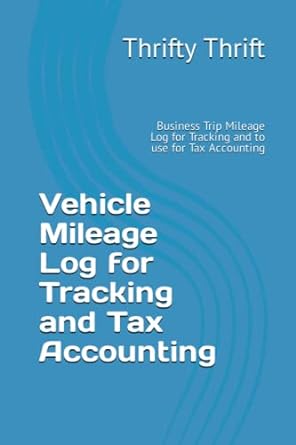Question
Five years ago, T created a partnership to operate a fund to invest in various private enterprises. He raised $95 million from limited partners and
Five years ago, T created a partnership to operate a fund to invest in various private enterprises. He raised $95 million from limited partners and invested $5 million of his own. T is the sole general partner. The partnership agreement provides that T will receive, as compensation for his services as general partner, (i) an annual management fee equal to 2% of the initial capital of the fund ($2,000,000 per year) and (ii) 20% of the funds profits (defined as realized gains). Net profits, i.e., realized gains minus Ts 2% management fee and 20% profit share, are divided among the partners in proportion to their capital contributions. The fund has been successful and this year it sold one of the stocks in its portfolio for a long term capital gain of $52 million. As a result, T receives the following in the current year:
(i) $2,000,000 as his annual management fee.
(ii) $10,000,000 as his 20% profit share.
(iii) $2,000,000 as his 5% share of the net profits that he receives as a result of his 5% capital contribution.
How will T be taxed on each of these amounts?
Step by Step Solution
There are 3 Steps involved in it
Step: 1

Get Instant Access to Expert-Tailored Solutions
See step-by-step solutions with expert insights and AI powered tools for academic success
Step: 2

Step: 3

Ace Your Homework with AI
Get the answers you need in no time with our AI-driven, step-by-step assistance
Get Started


